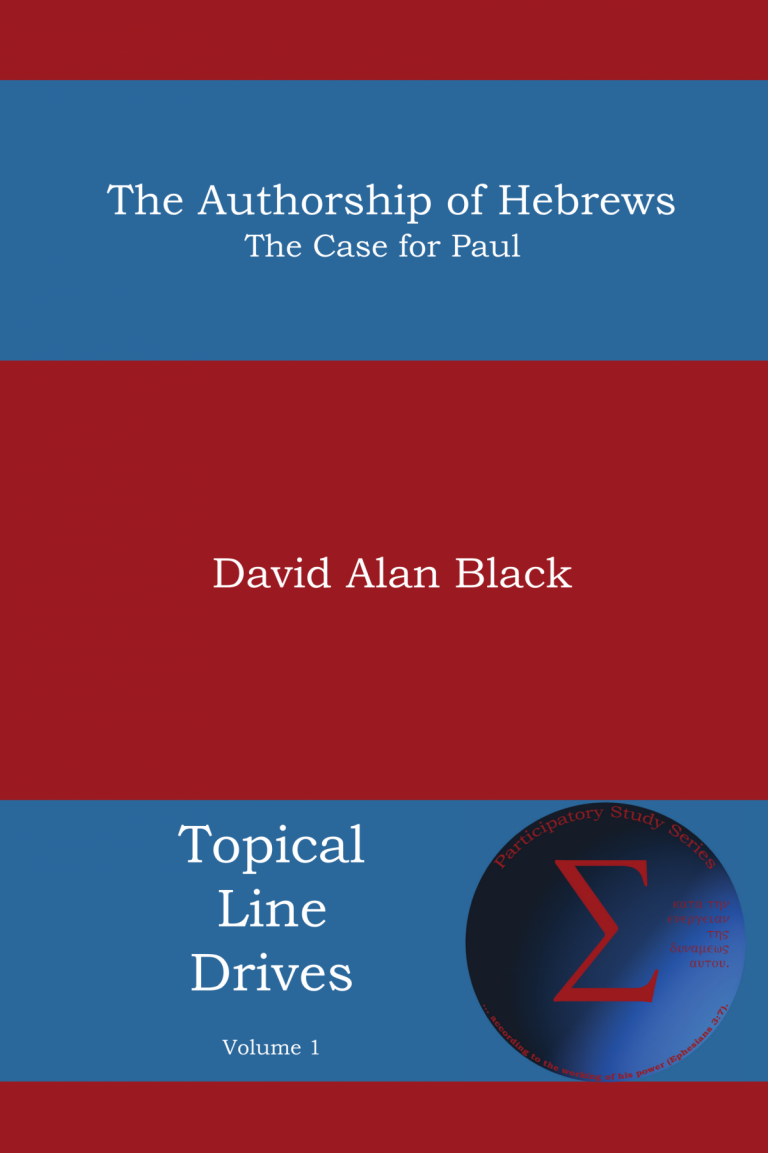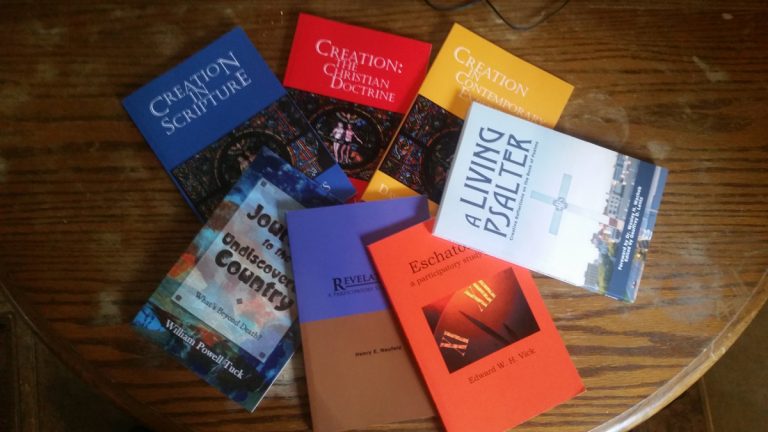My Previous Looks at 2 Timothy 3:14-4:5
Since the texts for Proper 24C / Ordinary 29C / Pentecost +21 (October 21, 2007) include 2 Timothy 3:14-4:5, which in turn includes 2 Timothy 3:16-17 on which I have written a considerable amount before I thought I’d simply provide links to some earlier material.
First, there are two key articles on my Threads blog, T4G Article I: The Bible, which is a response to the Together for the Gospel statement articles on Biblical inspiration, and also The Impossibility of Verbal Plenary Translation which applies some ideas about Biblical inspiration to translation. Neither of these articles are direct exposition of 2 Timothy 3:16-17, but they respond to such exposition.
Second, I have two articles here on this blog, Information or Conversation, which examines the major reason(s) we have to approach the Bible in the first place, and how that will impact what we get from our study, and Hebrews 4:12-13: God’s Word is Alive and Active which combines 2 Timothy with a look at Hebrews 4:12-13, another key passage.
Briefly, I think there are two issues in reading this passage on the scripture. First, do we read 2 Timothy 3:16 alone, or in the context of the broader passage, especially verse 17? I would suggest that verse 17 is essential in understanding “God-breathed,” by pointing us to what the resulting text should accomplish for the believer. Second, just what does “God-breathed” mean? People quote this text to me all the time, and indeed I quote it quite frequently myself, but it’s easy to assume that “God-breathed” means whatever I want it to.
If I believe in [tag]verbal plenary inspiration[/tag], I’m likely to believe that when God breathes scripture the result is a fully verbally inspired text. If I believe that inspiration occurs in the conversation between a person and God, then I will imagine that this constitutes “God-breathing.” If I believe that God’s breathing must produce [tag]inerrancy[/tag], then I am likely to assume that meaning in “God-breathed.”
Yet the text actually says none of those things. In it, “God-breathed” points forward to the specific uses and usefulness of the text. Now I’m not saying that the text actually contradicts any of those views either.



God’s word is indeed active and alive. The Pygmies say this of the eternal generative Word:
In the beginning was God.
Today is God.
Tomorrow will be God.
Who can make an image of God?
He has no body.
He is as a word that comes out from your mouth.
That word! It is no more.
It is past and still it lives!
So is God.
Consider also this praise song of the Bambara of Mali:
The word is total:
It cuts, excoriates
Forms, modulates
Perturbs, maddens
Cures or directly kills
Amplifies or reduces
According to intention
It excites or calms souls.